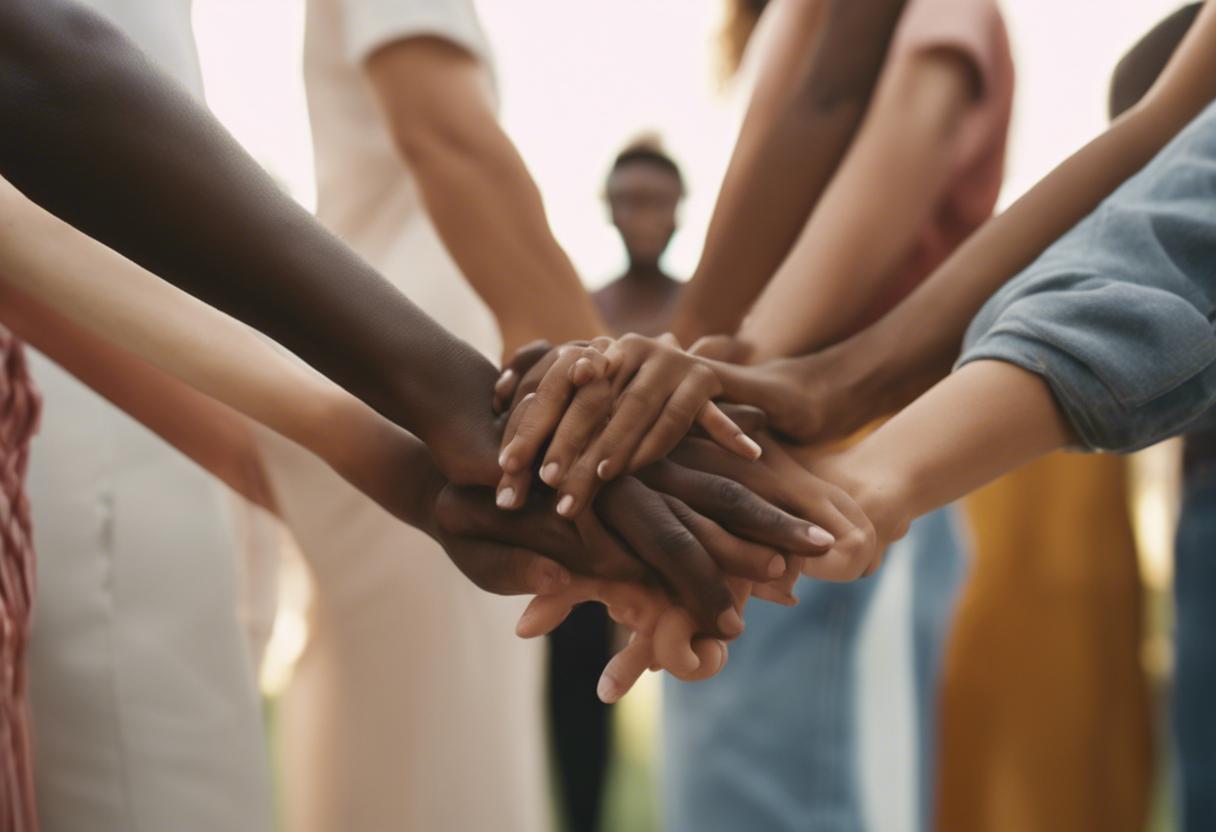Programmes emphasising diversity, equity and inclusion (DEI) are currently widespread within universities, government organisations and large corporations, though there seems to be a global decrease in these initiatives. I have often pondered whether such programmes, in spite of their positive objectives, are truly suitable for academic environments where the majority of research and teaching takes place. The presence of DEI can suppress free discourse of ideas within various controversial areas, clashing with the truth-pursuing aim of the university.
DEI is described by Dictionary.com as a theoretical structure that advocates fair dealing and full engagement of all individuals, primarily in work environments, including those communities that have been historically marginalised or faced discrimination due to their origins, identity, disability etc. Indisputably, just and balanced individuals reject such unequal treatment and back appropriate laws condemning these actions. Critiquing DEI initiatives in academic institutions might initially seem irrational. Let me assure you, I acknowledge and respect the well-meaning objectives of these initiatives, however, a more detailed examination indicates that DEI can potentially generate issues beyond what is implied by its dictionary definition.
The principal objectives of a university are to uncover novel knowledge (truth) via research, to impart the already available knowledge to its students and to cultivate their analytical thinking abilities. Open discussion and argument are essential to this cause and the university safeguards this by maintaining a distinctive policy of academic freedom. This ensures that academic personnel won’t be punished for advocating unpopular concepts which have been devised through their academic proficiency.
DEI initiatives are usually introduced under the banner of political correctness or ‘woke-ness’. ‘Woke’, an adjective originating from Afro-American vernacular English, signifies a heightened awareness of racial bias, social disparities, sexism, LGBT rights, among others. ‘Woke’ also advocates hotly disputed ideas such as gender ideology, intersectionality, white privilege, safe spaces, micro-aggressions, and critical race theory. A significant number of people believe that ‘woke-ness’ is often excessively indulged and are uncomfortable with its propagation of identity politics.
Academic freedom for scholars to explore and discuss a wide range of ideas freely, as long as they obey civil laws, is a necessity. However, this freedom is often threatened by Diversity, Equality, and Inclusion (DEI) schemes, which impose highly disputed regulations in various aspects, such as mandatory gender pronoun directives, under the pretence that they align with reality. Scholars who legitimise questioning these regulations often face severe backlash from the public and potential ostracism on social media platforms. Frequently, universities fail to defend academic freedom and leave many academics compelled into quietude because of fear.
Renowned philosopher Dr Peter Boghossian, from the American University of Austin, asserts that the practical execution of DEI/Woke ideology generally contradicts its dictionary meaning, as reported by The Free Press on 7th April 2024. Boghossian specifically criticises the American DEI/Woke approach—more assertive compared to what we experience here—but his opinions still hold considerable relevance. His views are captured in his youtube.com videos titled “Woke in Plain English: ‘Equity'”.
Concerning ‘diversity’, he postulates that the woke interpret it as having individuals who appear diverse but think on similar lines. Thus, a conservative black person would not be considered diverse due to their inconsistency with the woke perspective.
In terms of ‘equity’, Boghossian suggests that it entails rectifying historical discrimination through present-day discrimination. Thereby, certain individuals or groups are discriminated against as a form of reparation for past discrimination against other groups or individuals. Consequently, job candidates are not selected solely based on their merit or capabilities, but also on attributes such as gender, sexual orientation, or race.
Lastly, Boghossian points out that ‘inclusion’ in woke terms implies speech limitations. To create an inclusive area, one needs to ensure that people are not offended. The optimal way to achieve this is by excluding specific notions, thereby translating into an environment that restrains free speech.
Recently, Claudine Gay, the then-president of Harvard University—a staunch advocate for woke ideology—fell into public disgrace after her evasive answers about anti-Semitic slogans shouted during pro-Palestinian campus protests in October 2023, posing questions about the limitations of Harvard’s harassment policies. The public outcry led to her stepping down from her role on 2nd January.
The recent occurrence at Harvard could potentially signify the onset of the conclusion for American DEI. Following such an event, higher-level executives and policy-makers feel encouraged to begin the process of wrapping up DEI initiatives. Over 30 US state legislatures are currently entertaining 76 bills against DEI. The count of DEI roles witnessed a surge at the start of 2023, yet dipped by 5 per cent later in the same year and has further decreased by 8 per cent in 2024 till now.
Zoom has of late discontinued its internal DEI squad. In 2023, numerous companies including Meta, Tesla, Home Depot, Wayfair started implementing substantial reductions. It appears we are transitioning into the final stage of the DEI epoch.
– The author, William Reville, holds the status of an emeritus professor of Biochemistry at UCC.

